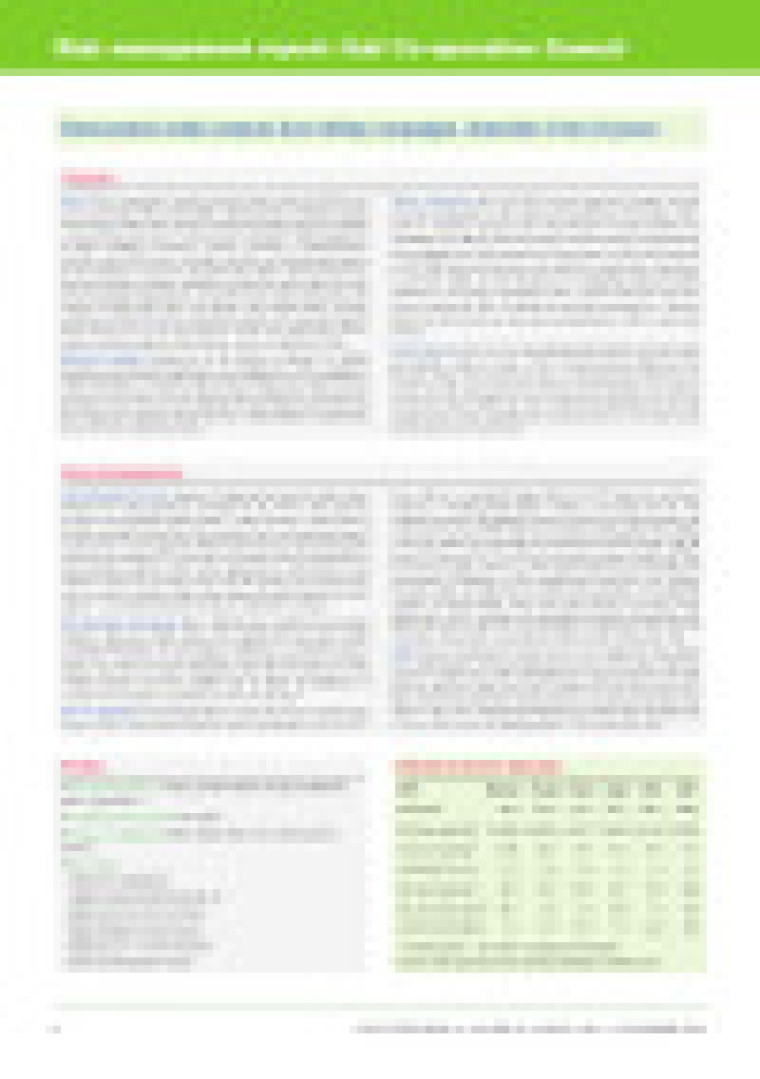Risk Management Report: GCC
Risk Management
Issue 1006
- 10 Dec 2015
| 1 minute read
The Co-operation Council for the Arab States of the Gulf (GCC) was
set up on 25 May 1981 in Abu Dhabi, when the leaders of Bahrain, Kuwait, Oman, Qatar, Saudi Arabia and the United Arab Emirates agreed to establish a council whose aims were to “achieve unity”, formulate “similar regulations” in fields including economics, customs, commerce, communications, education and culture, and to stimulate scientific and technological progress.
In part founded as a reaction to the Islamic Revolution in Iran and the Iran-
Iraq war, divisions and power imbalances within the council have led to the
GCC being largely unproductive over the first three-and-a-half decades of its
existence, despite high hopes and rhetoric. The Riyadh-based secretariat
comprises a supreme council, a ministerial council and a secretariat-general.
Each state has one vote on the supreme council, and “substantive matters”
require unanimous approval. Its presidency rotates in alphabetical order.
This article is available to registered users
Login
Don't have an account?
Register for access to our free content
An account also allows you to view selected free articles and set up news alerts.
Register



